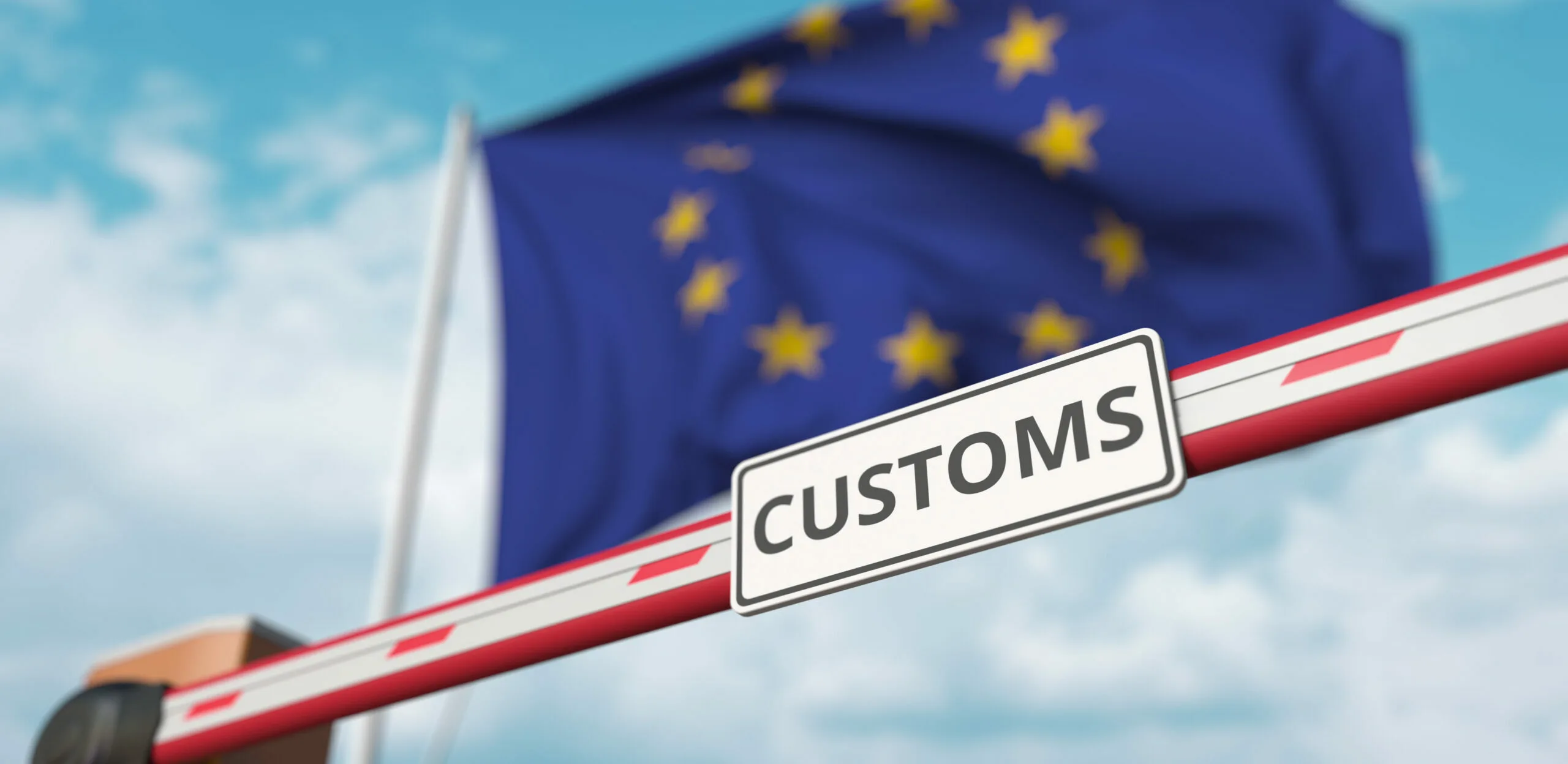
In a bid to align the European customs system with the demands of the 21st century, the European Chemical Industry Council (Cefic) has presented a comprehensive set of proposals in its latest position paper. The chemical sector, which heavily relies on exports and secure access to raw materials, emphasizes the need for a customs framework that ensures fair trade while embracing the opportunities presented by digitalisation and sustainability.
On 17 May, the European Commission proposed its EU Customs Reform package to bring the customs union to next level and make it ‘fit for a greener, more digital era and contribute to a safer and more competitive Single Market’. According to Cefic, achieving this goal requires the implementation of five key steps.
1. Making Trust & Check Trader (T&CT) Status More Accessible
Cefic suggests that the T&CT status, which allows transparent business processes and supply chains to move goods within the EU without active customs intervention, should be made more attractive for companies. The proposal emphasizes the importance of supporting businesses in obtaining the T&CT status and ensuring its uniform implementation to maximise its effectiveness.
2. Maintaining Existing Trading Statuses
Cefic recommends exploring the possibility of maintaining the existing Authorised Economic Operators (AEO) schemes, specifically the AEO-C status, in parallel with the new AEO-S and T&CT statuses. The industry expresses concern that companies might face difficulties fitting into any category at all, and seeks to address potential challenges related to obtaining AEO-S or T&CT status, as well as cybersecurity and data privacy threats.
3. Ensuring Interoperability of the EU Data Hub
The introduction of the EU Customs Data Hub is welcomed by Cefic, as it is expected to simplify and expedite customs processes. To optimise its functionality, Cefic recommends ensuring compatibility with other legislative IT systems, including the Single Window Environment for Customs, REACH IT, and RAPEX.
4. Clarity on Access to Data
Recognising the paramount importance of data security, Cefic calls for unambiguous regulations defining the details of authorities’ access to different types of data. This includes customs and commercial records, accounting and logistics systems, licenses, and authorizations. Collaboration with the industry is urged to establish clear provisions on data ownership and safeguards, aiming to minimise the risk of cyber security breaches and potential backdoors.
5. Establishing a Regular Structured Dialogue with Stakeholders
As the European Union looks toward a future characterized by digital transformation and sustainability, Cefic’s proposals serve as a roadmap for creating a customs system that aligns with the dynamic needs of the 21st century. The chemical industry remains a key player in this vision, highlighting the importance of collaboration between authorities and stakeholders to ensure a seamless and secure trade environment.










